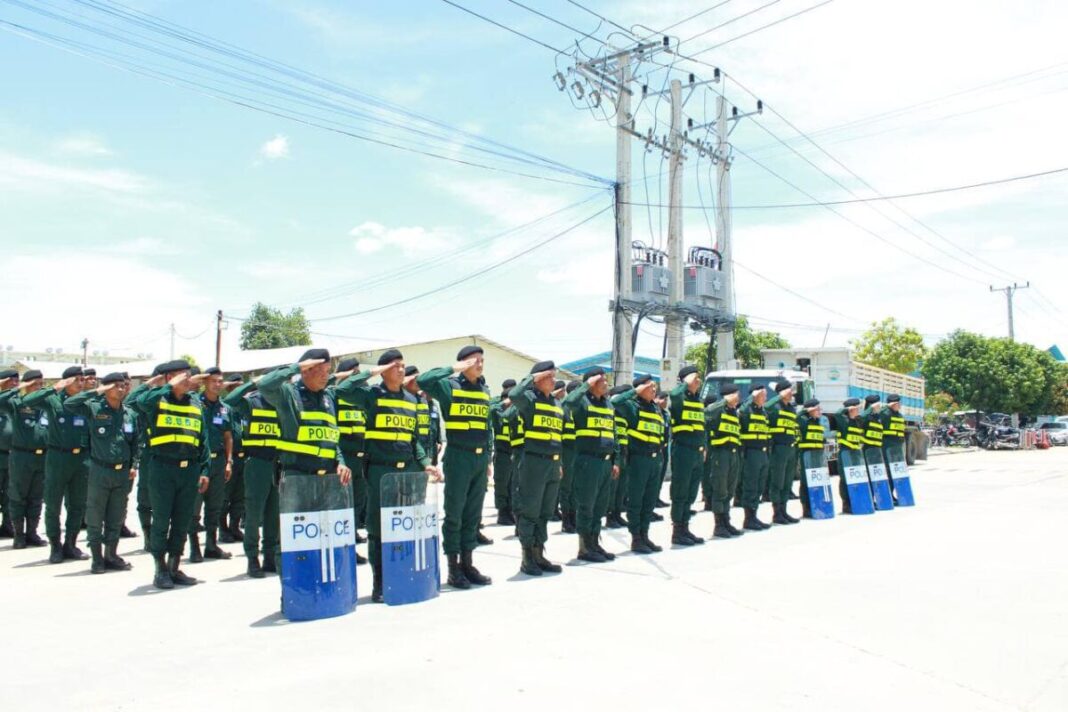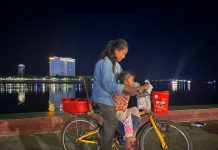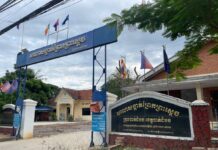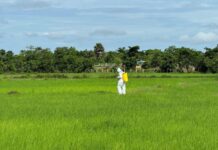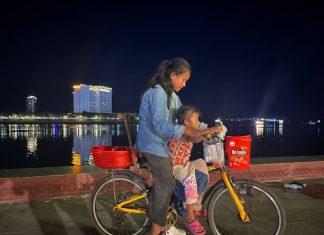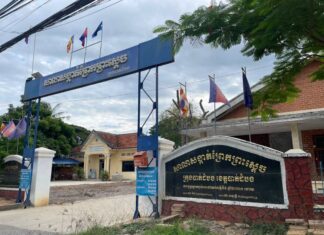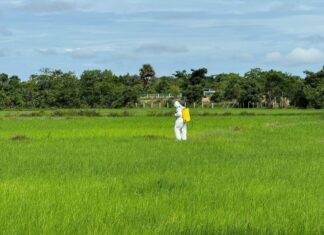Prime Minister Hun Manet vowed to use the full force of the military to shut down political demonstrations, as overseas opposition leaders called for rallies against an unpopular development deal in the far northeast.
Security forces, including units from the army, military and national police, were on high alert, Hun Manet said, and would remain in the capital through August as a preventive measure.
Opposition groups were reportedly planning protests in Phnom Penh against the Cambodia-Laos-Vietnam Triangle Development Area, a government project to expand tourism and commercial interests in a far northeastern stretch of the country known as the Dragon’s Tail.
“The government will take decisive action against those who cause instability in Cambodia, especially in Phnom Penh,” the prime minister said. “It would be unfair to accuse the government of being dictatorial if it is simply trying to prevent instability.”
The Ministry of Justice warned the plans, which called for demonstration outside the Royal Palace on Aug. 18, amounted to a plot to overthrow the government, and those involved could face up to 30 years in prison.
Top officials are highly suspicious of grassroots political movements in the wake of events in Bangladesh, where months of student protests led to the recent ouster of Sheikh Hasina, the country’s long-serving authoritarian prime minister.
Renewed objections to the CVL Triangle, which was established in 1999, sparked demonstrations last weekend in South Korea, Japan and Australia. Protest leaders, fueled by historical fears of Vietnamese expansionism, have suggested the project would give Hanoi control over Cambodia’s border provinces, and they have demanded the government withdraw from the plan.
The CVL includes Ratanakiri, Mondulkiri, Kratie and Stung Treng provinces.
Hun Manet accused opposition leaders of using deceptive political tactics to incite political instability and turn supporters against the government. Rights groups urged the government to engage the project’s critics, not persecute them.
“The government needs to offer a comprehensive explanation,” said Yong Kim Eng, director of the People’s Centre for Development and Peace. “It’s crucial that people know all the details of the project.”
Am Sam Ath, the executive director of LICADHO, said military support of the government was expected during tense political situations and conflicts, but it was not yet clear if the country faced any actual danger.
“Politicians need to consider the values of our country,” he said. “And remember that it is of the utmost importance that freedom and civil rights are not unduly restricted.”


